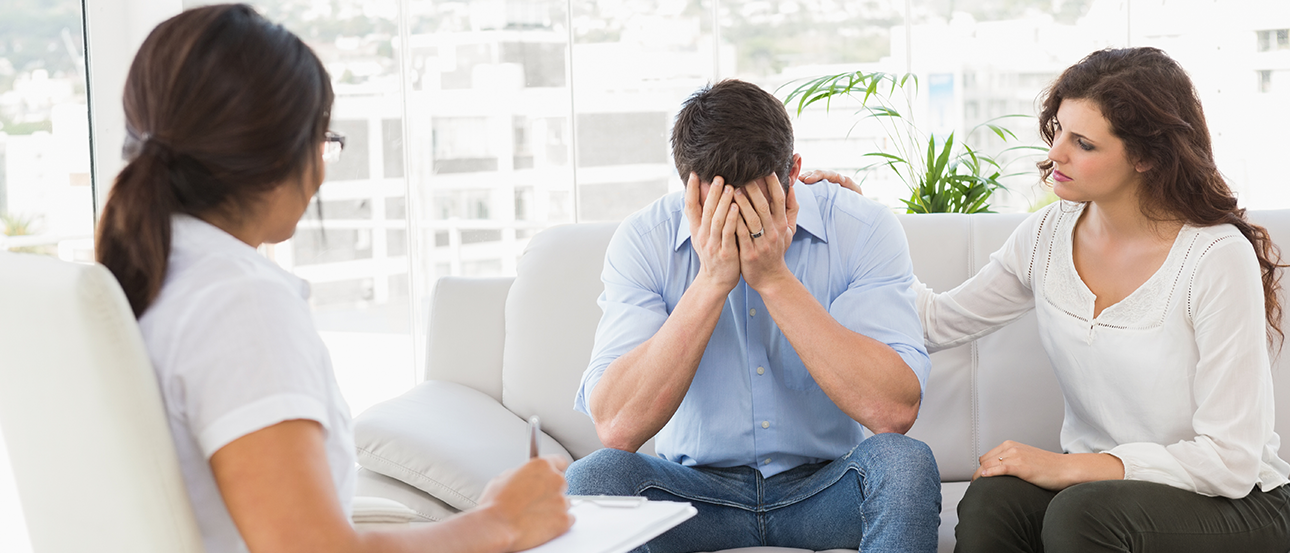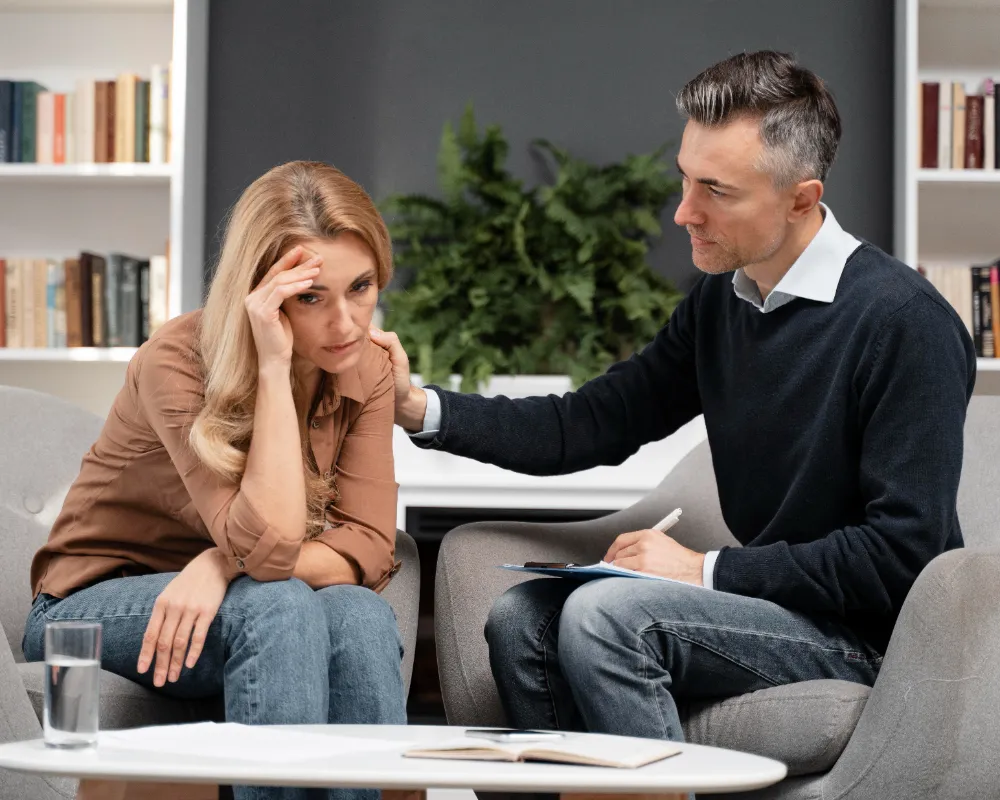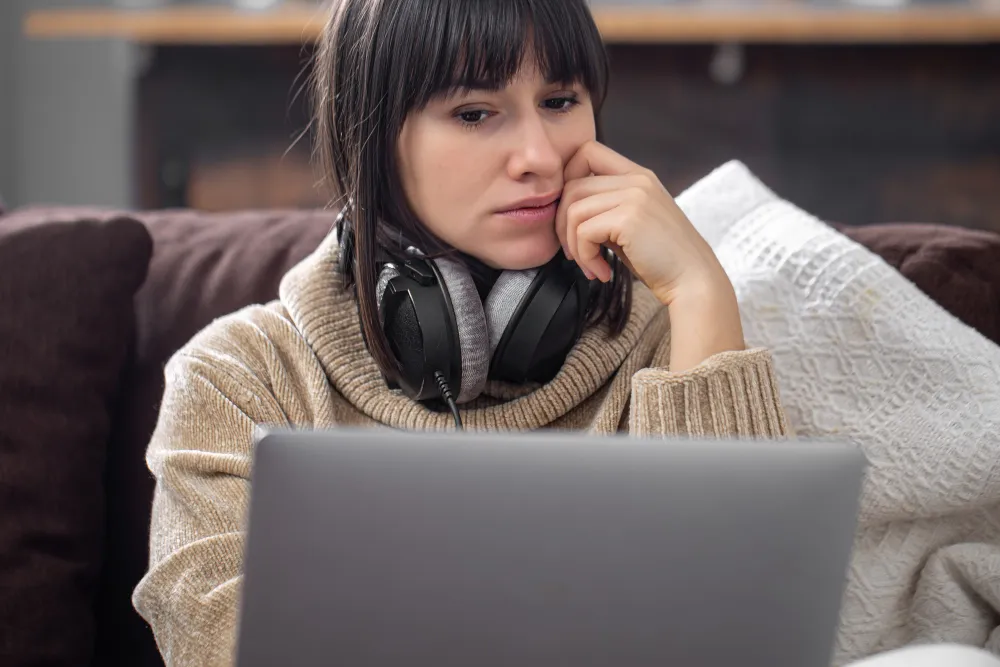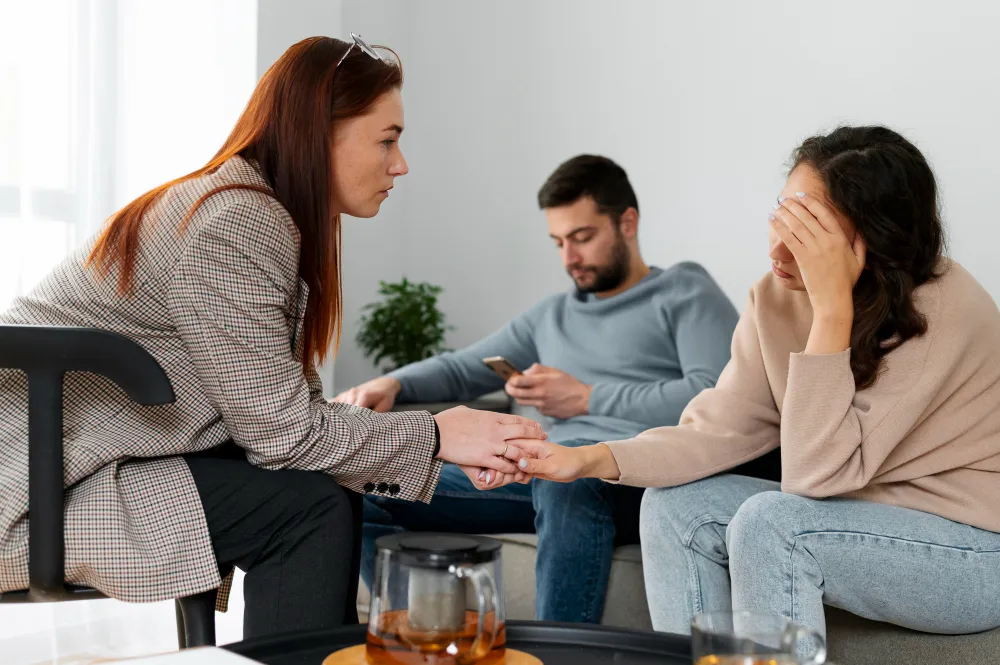Knowing that feeling when you get nervous, sweating palms, your heart beats faster, and you become stressed or breathing heavily. All these indicate signs of anxiety. Reducing anxiety signs can be achieved through a variety of strategies. One of the most important is to follow relaxation methods such as deep breathing, progressive muscle ease, daily mind relaxation yoga, or guided imagery.
Anxiety usually happens when you are in a stressful situation when confronted with an overwhelming task or event. Stress is among the most common mental health issues that people typically face once in their lifetime.
Anxiety is not a purposely done thing; it is our body’s natural reaction to tension. You need to know the triggers that cause you anxiety. Everyone has different triggers; some can’t control stressful times and start having anxiety attacks. This is common, and many ways to handle these stressful situations exist. Identifying them is an essential step to coping with and managing anxiety attacks. It may take some time to recover, or you can also talk to a physiotherapist. Are you dealing with stress? Different strategies may help you to avoid anxiety from reoccurring.
Anxiety should be taken seriously, which is how stress can be cured. Breathe: There are different ways to calm down your stress levels!
What does a counselor do for anxiety?
Anxiety is a common feeling that many people experience in challenging or unfamiliar situations. Feeling anxious before a job interview, making a big life decision, or public speaking is expected.
If anxiety prevents you from living your life or you have been diagnosed with an anxiety disorder, speaking with an anxiety counselor can be beneficial. They can help you identify, manage, and alleviate your anxiety signs. Anxiety counseling is one of many forms of treatment that your doctor may recommend to help you cope with your anxiety.
Anxiety or restlessness is a typical response to difficult times. When you speak with your doctor, your doctor may inform you of a few different forms of how to cope with anxiety.
What are the different ways to stop anxiety?
Feelings of anxiety and panic can interfere with your daily activities and make things complicated and challenging to control. Anxiety can be an uncontrolled feeling and make things out of control which can reach the actual risk and cause you to avoid events or publicly. Making you a house worm.
If you don’t feel good about yourself or stress more, you should see a healthcare provider if it affects your life and relationships. Your doctor will help rule out any underlying physical health issue before seeing a mental health professional.
- Physically active.
- Avoid alcohol and recreational drugs.
- Quit smoking, and quit drinking caffeinated drinks.
- Use stress management and relaxation techniques.
- Eat healthy foods.
- Make sleep a priority.
- Learn about your disorder.
- Stick to your treatment plan.
Is anxiety a mental illness?
Anxiety is an emotion that everyone experiences at specific points in their lives. It can manifest as feeling nervous, butterflies in your stomach, or difficulty concentrating on particular work.
While anxiety is not a mental illness, it can be a sign of an anxiety ailment, a type of mental disorder. If your anxiety is significant or persistent, it is a good idea to seek help from a professional.
Anxiety can appear in many different ways, such as before a presentation, starting a new job, or being in a dangerous situation. Everyone experiences stress differently, and finding ways to manage it is essential. However, if your anxiety is threatening, you may have an anxiety illness, a type of mental illness.
Can anxiety be cured?
You are aware that your anxiousness never goes away. When you think it could be over, it assaults you once again. When it does, it does so abruptly, seemingly out of nowhere. You don’t know what to do.
Tracing the origins of your early experiences and connecting the intricacies of long-ago events to the current anxiety-provoking circumstances. It is unquestionably the most excellent remedy. But you cannot accomplish that by yourself.
You need a venue where you may openly discuss your former interactions and relationships. And to finally articulate the feelings you now carry within your worry. Finding relief from severe and crippling anxiety is highly recommended.
Deep breathing is beneficial for reducing anxiety as it helps regulate heart rate and blood pressure and stimulates the parasympathetic nervous system, which helps to induce a soothing effect. Also, progressive muscle relaxation is beneficial for reducing anxiety by helping to identify tension in the body and working to release it systematically.
Winding Up:
Guided imagery can create a calming environment, which helps relax the mind from stressful things. At the same time, autogenic training provides a sense of physical and mental relaxation. Finally, yoga can be used to reduce anxiety through its focus on being mindful and in the present moment. However, the best remedy is to take care of physical and mental health by getting enough sleep, eating a balanced diet, engaging in physical activity, connecting with friends and family, and using hobbies or interests to distract from anxious thoughts.
If you are unsure about experiencing simple anxiety or an anxiety disorder, you must receive a proper diagnosis from a professional.





